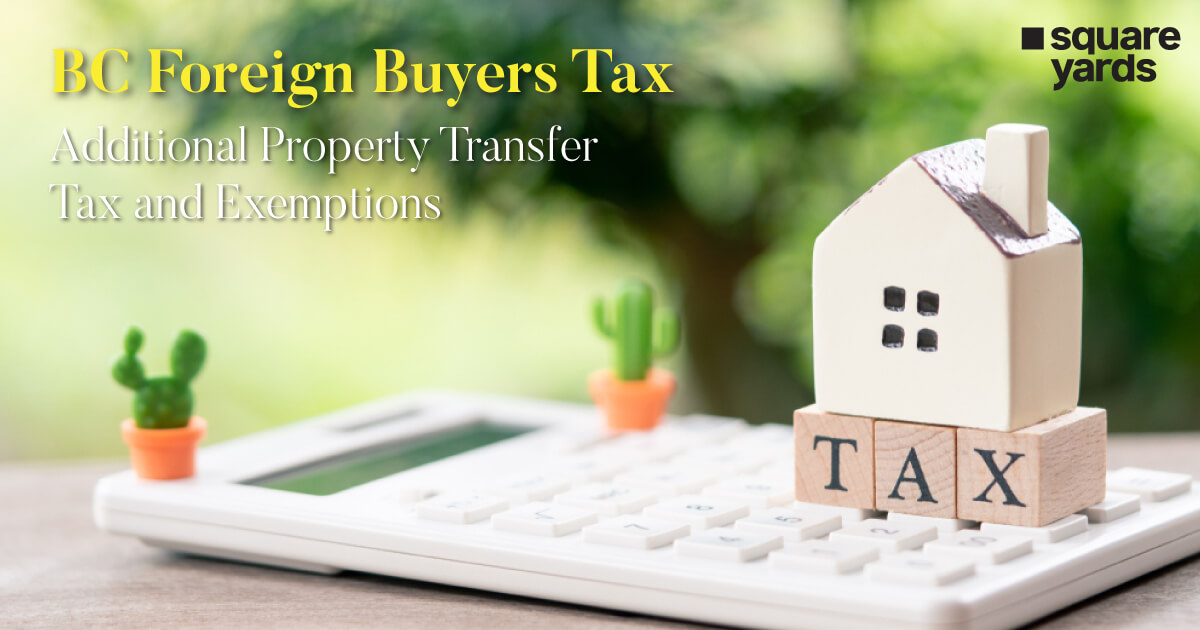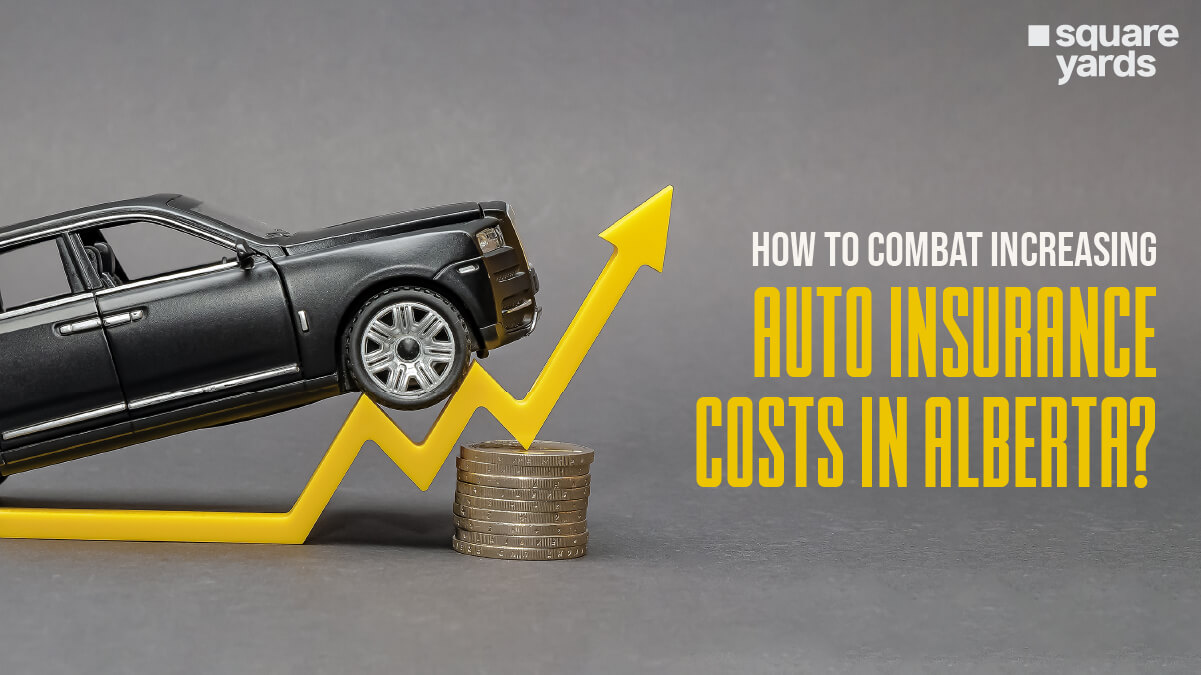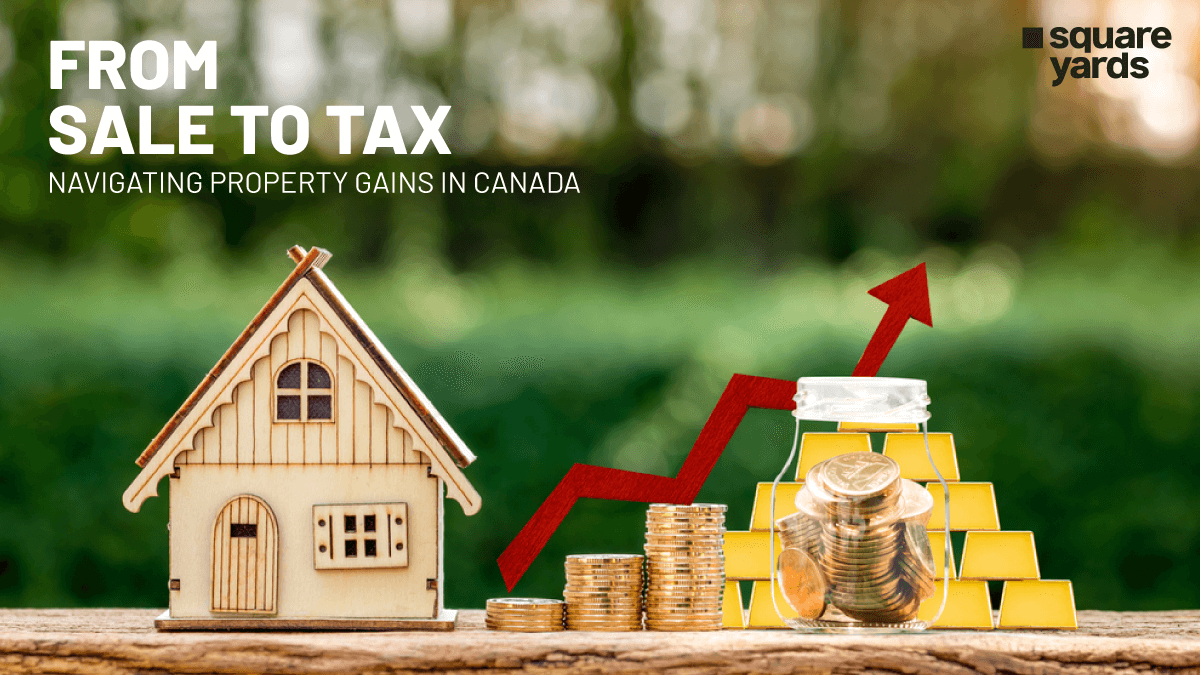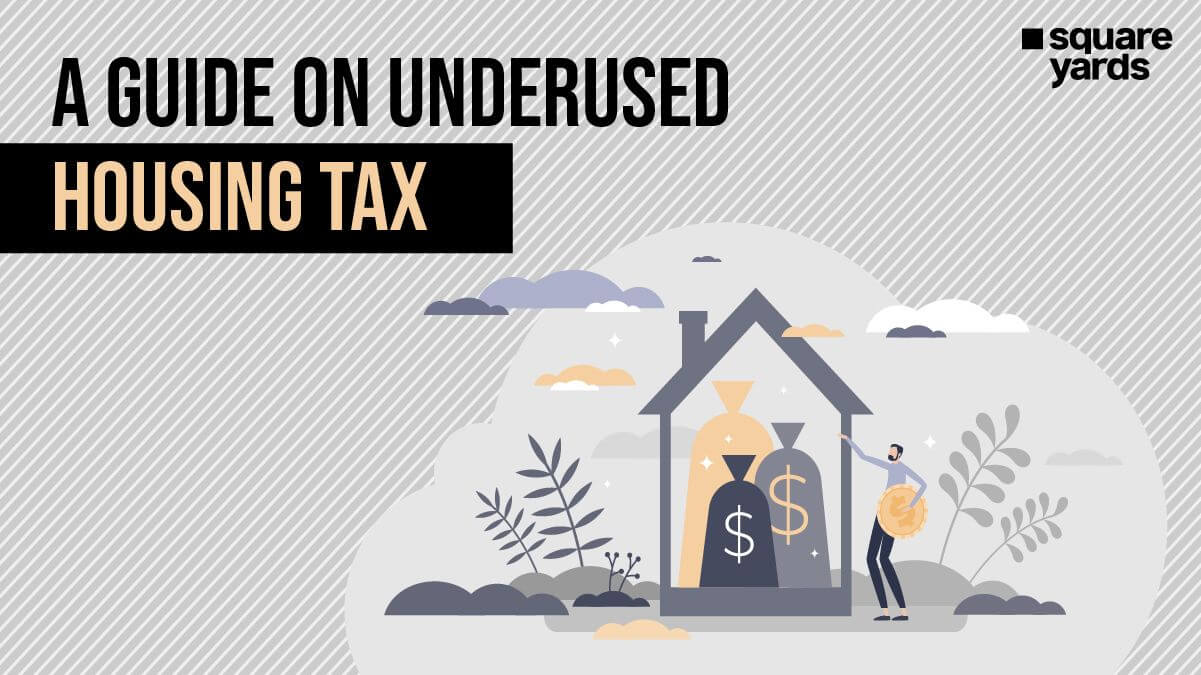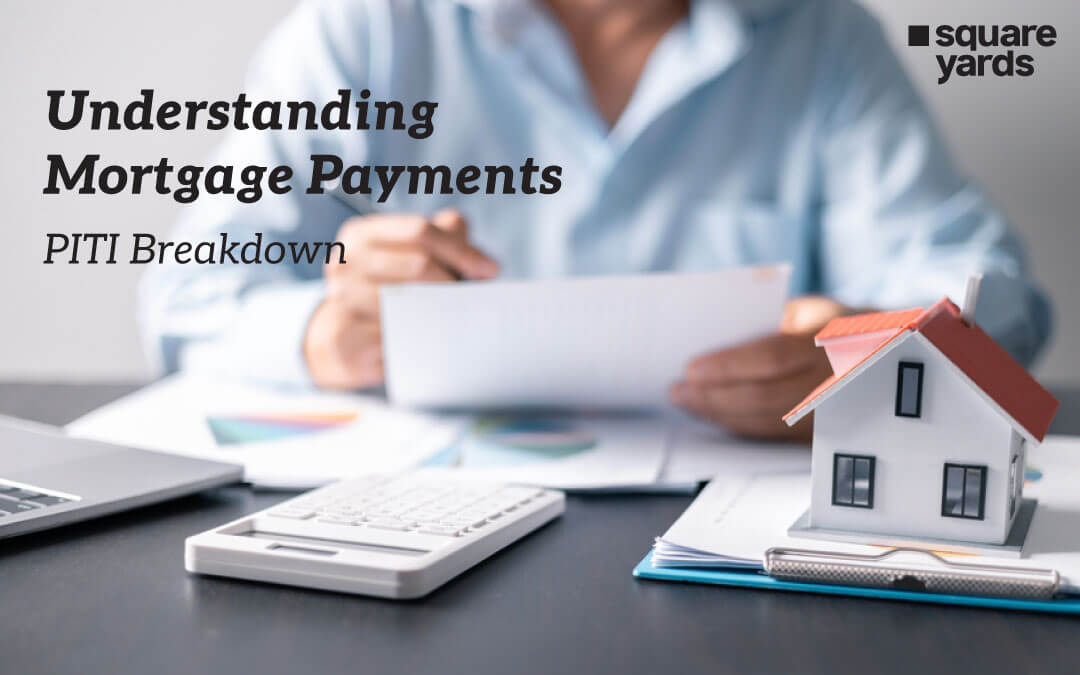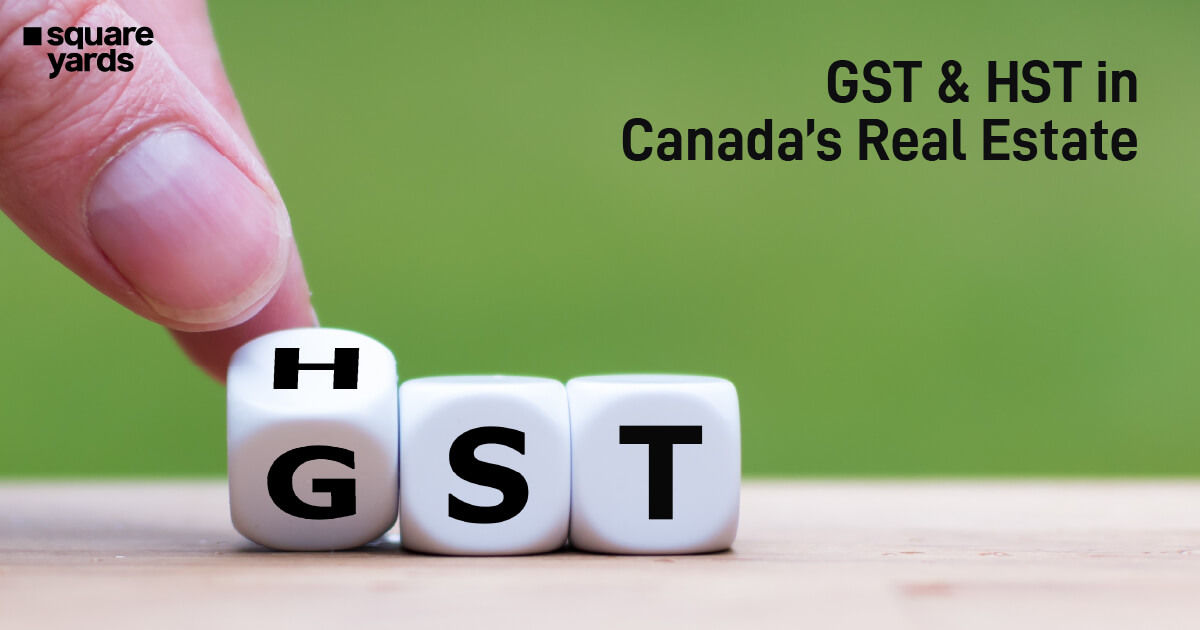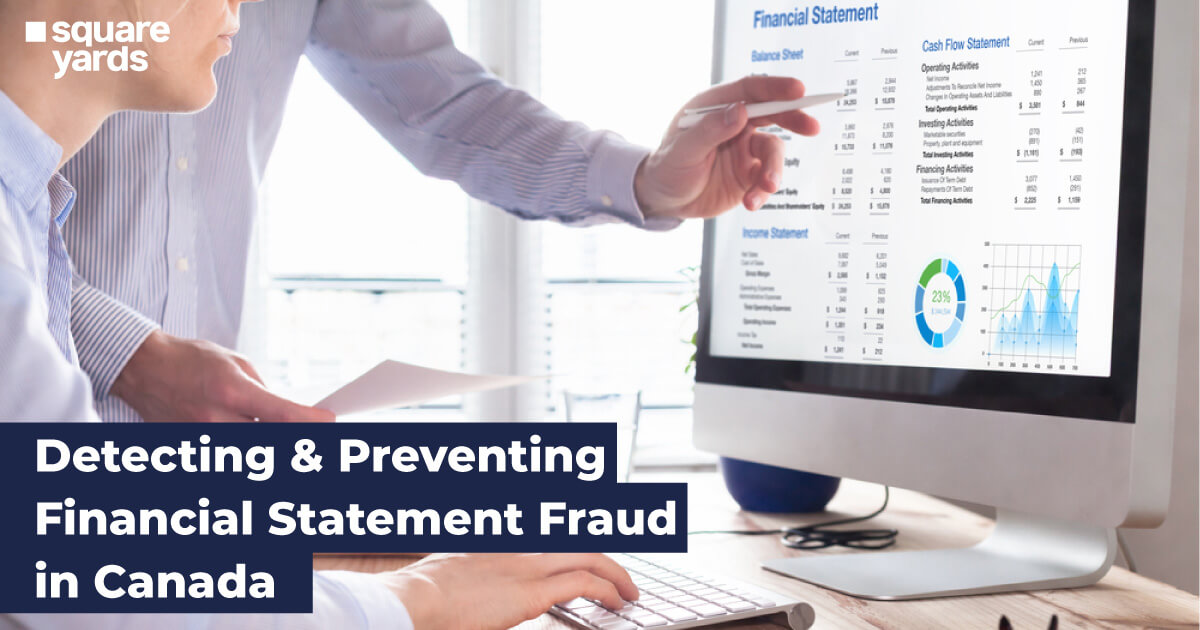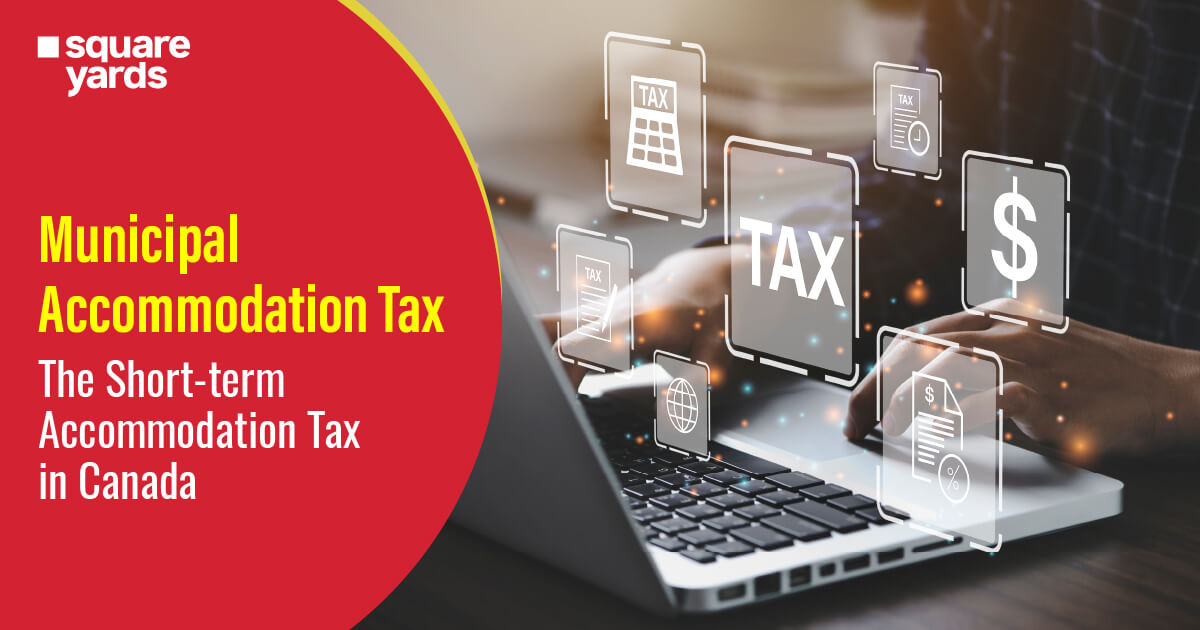If a residential property is located in one of the designated locations of British Columbia, a foreign national, foreign corporation, or taxable trustee must also pay an extra property transfer tax on their proportionate share of the property’s fair market value. The percentage of interest you register on title with the Land Title Office is your proportional share. You would pay the additional property transfer tax on 70% of the fair market value of the residential property, for instance, if you were a foreign entity (foreign national or foreign corporation) purchasing a 70% interest in a property. read on to know about BC foreign buyer tax.
What is the BC Foreign Buyers Tax?
When a foreign national or temporary resident of Canada buys a residential property in Metro Vancouver, a 20% tax known as the BC Foreign Buyers Tax is applied to the property transfer tax.
What is the History of the BC Foreign Buyers Tax?
The Miscellaneous Statutes (Housing Priority Initiatives) Amendment Act, 2016, which included Bill 28, also included the addition of this tax. The bill was passed due to widespread calls for the provincial government of British Columbia to get involved in British Columbia’s housing market. The quick increase in property prices was mostly caused by foreign investors, particularly those from China. In an effort to alleviate Vancouver’s housing problem, a new tax on foreign investors has been implemented in Canada.
August 2, 2016, marked the effective date of Bill 28. Along with three other crucial components of the measure, the provincial government passed a law which imposed a tax of 15% on any extra transfer of property to foreign buyers. The tax was extended to the Capital, Fraser Valley, Central Okanagan Regional, and Nanaimo Districts in 2018 and raised to 20%.
-
Bill 28
-
Vacancy Tax
-
Amendments to the Vancouver Charter would allow the City of Vancouver to charge vacant residential property with a municipal vacancy tax.
-
-
Foreign Buyers Tax
-
changes to the Property Transfer Tax Act impose an additional 15% property transfer tax on all residential real estate bought by foreign buyers.
-
-
Discontinuing Industry Self-Regulation
-
Real estate industry self-regulation will no longer exist because of changes in the Real Estate Services Act.
-
-
New Housing Priority Initiatives
-
Establishing a new Housing Priority Initiatives Special Account with the new tax revenues resulting from this law to finance efforts in relation to housing, rental, access, and assistance services.
Who Needs to Pay the BC Foreign Buyers Tax?
If one is a foreign citizen, foreign business, or taxable trustee, the British Columbia Foreign Buyers Tax applies to that individual. If the residential property is located in one of the following BC regions, you are required to pay the 15% tax on the transfer of property on your portion of the transfer:
-
- Capital Regional District
- Fraser Valley Regional District
- Metro Vancouver Regional District
- Regional District of Central Okanagan
- Regional District of Nanaimo
However, homes situated on the Tsawwassen First Nation reserve are exempt from the tax.
How Much BC Foreign Buyers Tax Does One Have to Pay?
The property transfer tax is currently 20% in addition. If the transfer of property is recorded on or before February 20, 2018, the tax is 15% of your proportionate share’s fair market value. If the property transfer is recorded on or after February 21, 2018, the tax is 20% of your proportionate share’s fair market value. The interest percentage you register on title with the Land Title Office is your proportional share. For instance, if a foreign entity buys a 70% stake in a property, it must pay tax on the 70% acquired interest.
What are the Exemptions to the BC Foreign Buyers Tax?
The tax’s three primary exemption categories are:
-
Primary occupant in charge of a residential property
You are likely to be exempted from the foreign purchaser’s tax if one is exempt from the property transfer tax. This indicates that you are exempt if you own a residential property and use it as your primary residence. In the following circumstances, the additional tax on property transfer is not exempt:
-
- A change brought on by an amalgamation
- An assignment to a living joint tenant
- A transaction when the transferee, even though the trust does not alter, is or becomes a trustee with regard to the property
-
Program for BC Provincial Nominees
Foreign nationals who receive confirmation under the Provincial Nominee Program of British Columbia do not pay tax if they claim the exemption.
For this exception to apply, you must:
-
- being an official BC Provincial Nominee when the records of transfers kept by the Land Title Office
- Utilize the home as your primary dwelling.
- Transferring the property to a person
This exception only applies once. Following purchases of new properties are subject to the tax.
-
Controlled by Canadian Limited Partnerships
You might not be required to pay the foreign buyers tax if you are a partner with Canadian citizenship or a permanent resident and are buying a property on behalf of a qualified Canadian-controlled limited partnership. The transfer of property (land and improvement) should be recorded at the Land Title Office on or after June 1, 2020, in order to be eligible for this exemption, and it must also:
-
- Each partner (general) should be a citizen of Canada, a Canadian permanent resident, or a Canadian business.
- For the whole taxation year of the transfer takes place, each general partner and each limited partner must be Canadian residents.
- At least half of the partners’ rights to participate in the limited partnership’s profits must be attributable to their individual interests in all foreign limited partners.
When can one Get a Refund for BC Foreign Buyers Tax?
Suppose you acquired Canadian citizenship or permanent residency within a year after the property transfer was recorded with the Survey Office and the Land Title. In that case, you might also be qualified for a tax refund.
How Can One claim an exemption on the BC Foreign Buyers Tax?
Please visit the Government of BC website for further details on requesting an exemption if one is not a permanent resident interested in investing in the real estate market in Canada. There is a complete explanation of British Columbia’s Foreign Buyers Tax, often known as the Additional Property Transfer Tax. Please visit the official website for the most recent changes as the information is subjective.
Conclusion
Ultimately, you can still petition to have the additional property transfer tax reimbursed even if you do not participate in the BC Nominee Program but acquire permanent residency through a different route within a year of home ownership.
You May Also Read
|
Discover Average Pension in Canada |
|
|
About E-Transfer in Canada |
|
|
Guide To Personal Finance in Canada |
|
|
All About How To Invest In REITs |
Frequently Asked Questions (FAQs)
Is there a foreign buyers tax in BC?
Yes, a foreign buyers tax is levied in British Columbia whenever a foreign citizen of Canada buys a residential property in Vancouver.
Who has to pay foreign buyers' tax in BC?
A non-permanent citizen or a foreign citizen of Canada needs to pay the foreign buyers tax in BC while buying a residential property.
How can BC foreign buyers avoid tax?
One can avoid the foreign buyers' tax if one is recognized as the provincial nominee for British Columbia or is purchasing the property on behalf of a limited partnership with Canadian shareholders; they may also be exempt from the tax.
Who is exempted from BC foreign buyer tax?
One needs to be approved for the BC Provincial Nominee Program or a permanent resident to get an exemption from the BC Foreign Buyers Tax.
How do I avoid paying property transfer tax in BC?
In British Columbia, freshly constructed homes with a fair market value of up to $750,000, including houses erected on the vacant ground, new apartments in recently constructed condominium buildings, manufactured homes on unoccupied land, and other recently constructed properties, there is a PTT exemption.

